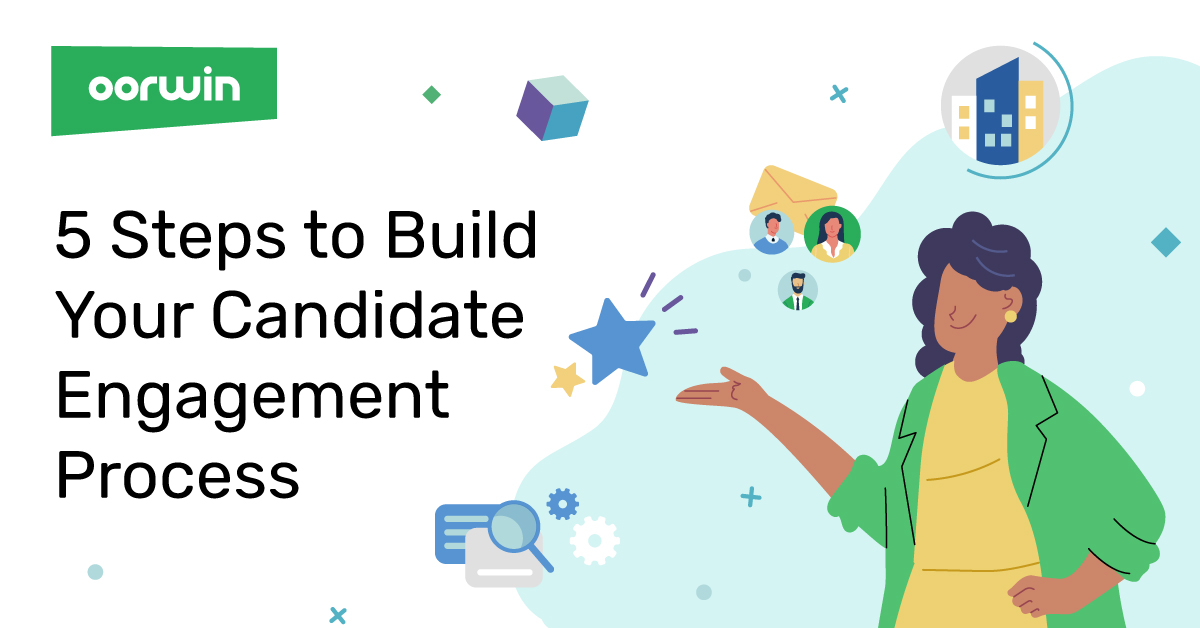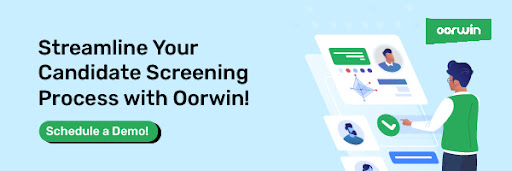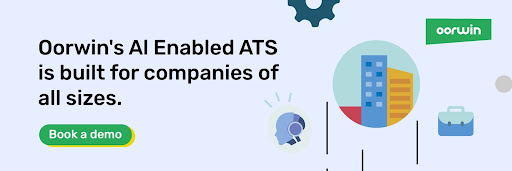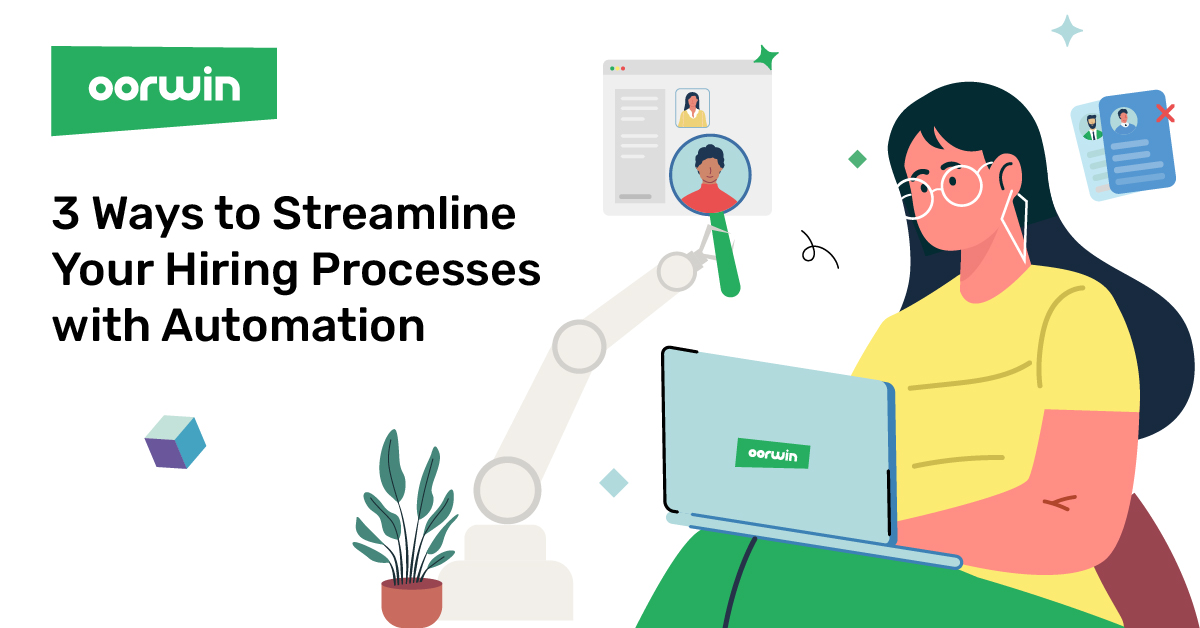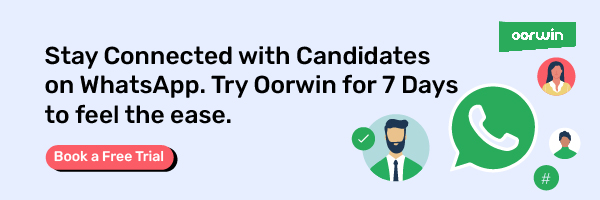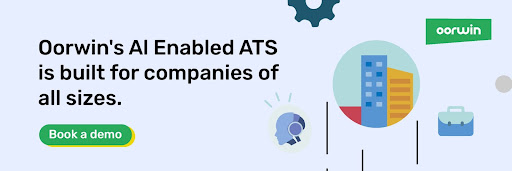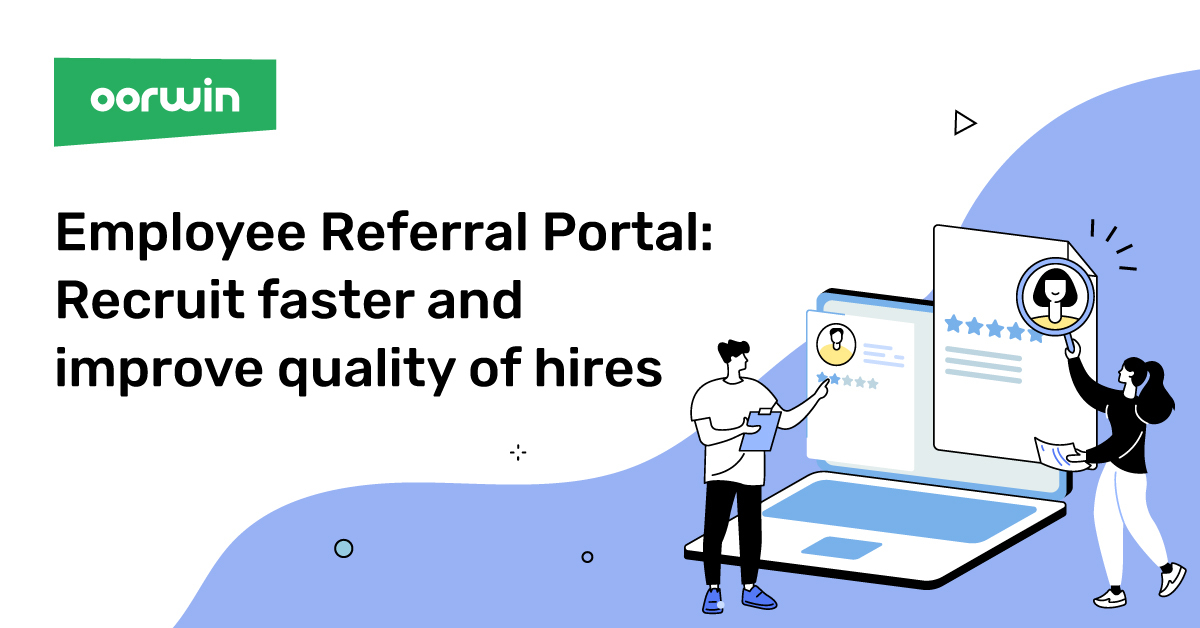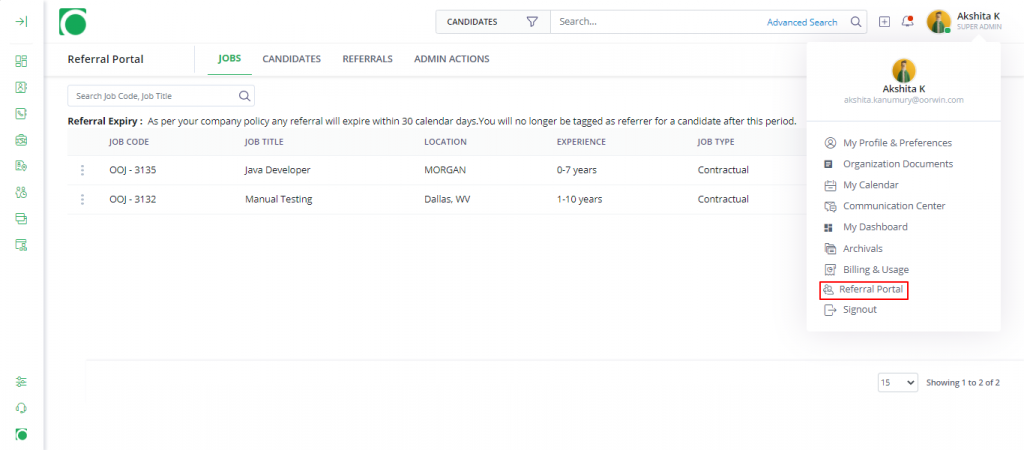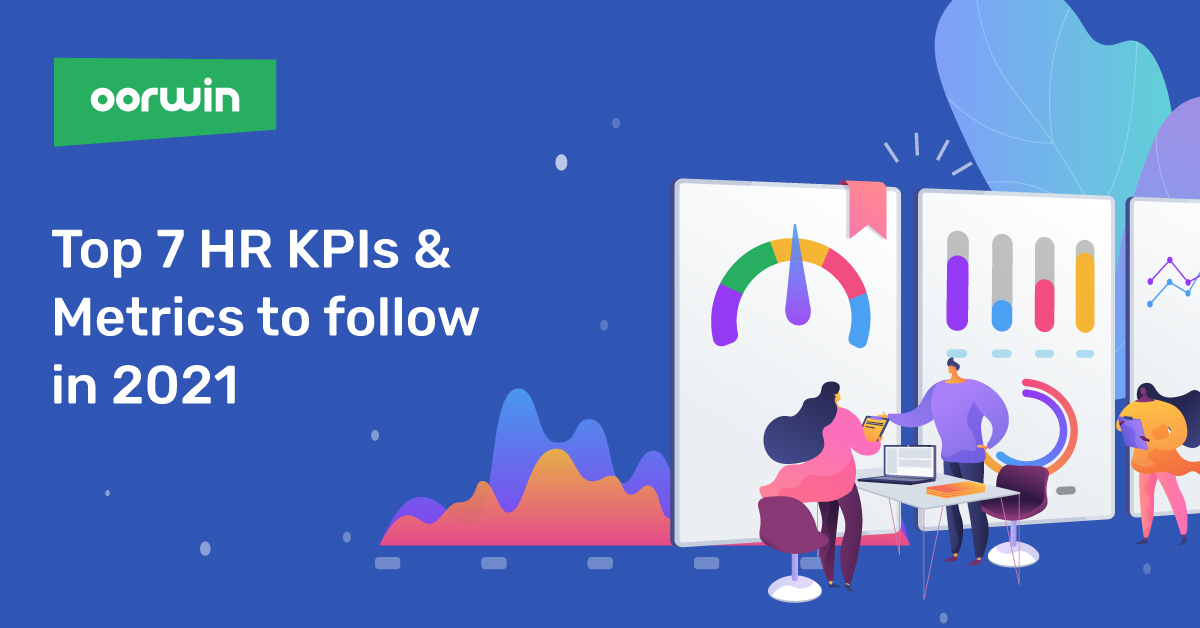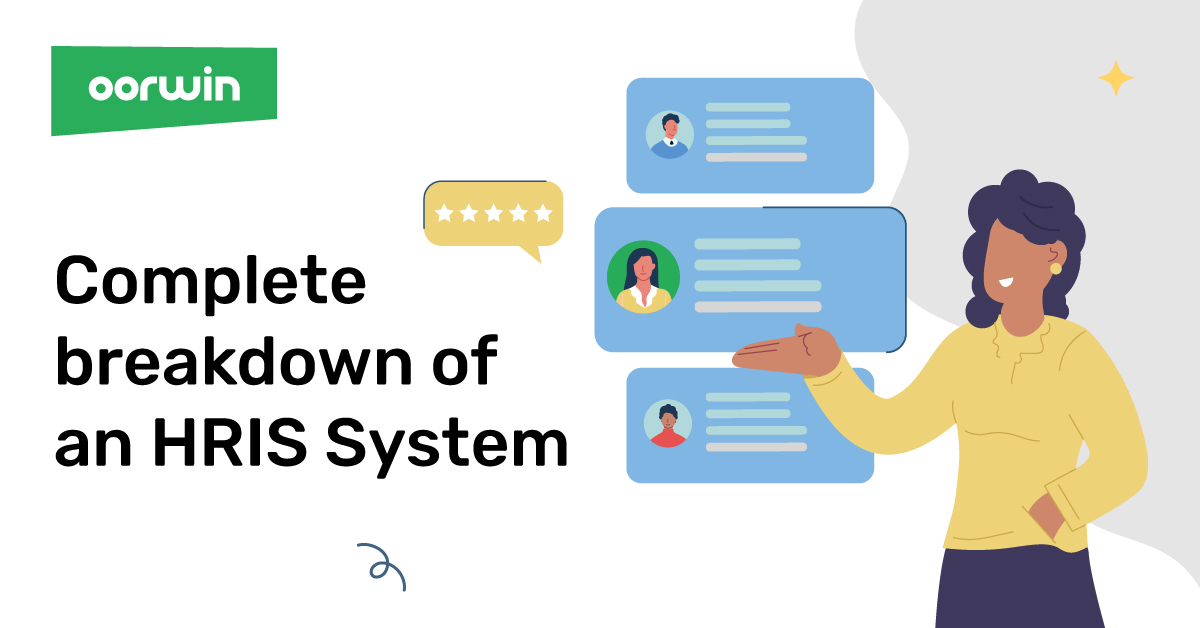In today’s business world, managing an HR department has become a complex and critical task that requires various tools, platforms, and systems. One essential technology companies use to streamline their HR processes is HRIS or Human Resource Information System.
But what is HRIS? In a nutshell, HRIS is a software application that helps companies manage various HR tasks and processes such as personnel tracking, payroll, benefits administration, training and development management, and many more. With the help of HRIS, organizations can collect and store employee data, generate reports, and automate routine HR tasks, which saves time and effort.
Besides HRIS, companies use other popular HR technologies – HCM, Human Capital Management, HRMS, or Human Resource Management Systems. While all three systems serve the same purpose, their features and functionalities differ.
Exploring the Differences Between HR Software
This article will explain these terms and why they benefit any company.
Here’s what you’ll learn in this article:
- HRIS, meaning Human Resource Information System
- HCM: Human Capital Management
- HRMS: Human Resource Management System
- The difference between an HRIS and an HRMS system
- The difference between an HRMS and an HCM system
- HRIS vs. HRMS vs. HCM
- We will cover these details and help you choose the right one based on your business needs.
The 4 Top Benefits of Using HR Software
HR software is crucial for managing recruitment, maintaining databases, and enhancing company culture based on valuable feedback. Choosing between HCM and HRIS depends on specific needs and objectives, but both offer benefits such as increased efficiency, reduced costs, improved data accuracy, compliance, and employee satisfaction. HR software helps improve all processes in a company, making it an essential component for success.
1. Productivity
The essential benefit that HR software can provide is productivity within the HR department. It helps automate many HR functions, such as payroll, benefits administration, absence management, and compensation systems. By doing so, the HR team can focus more on other issues like attracting new candidates and employee training strategies.
2. Improving the employee experience
A user-friendly and well-designed human resources software helps to engage with employees by providing a clear and transparent system that they can also use. It allows your organization to avoid using dozens of different software, as everything is in one place. A structured, smooth, and flexible system improves the employees’ experience in the company.
3. Security
HR systems are cloud-based software that protects the precious data of your employees and provides access from anywhere using your computer or device. Every document can be managed in a human resource platform, from knowing who reads what to reducing paperwork.
4. Reduced Errors
As HR software allows the automation of most activities, the probability of making errors is less. With HR software, there are no misplaced decimal points or misspelled names. Human resource software automates the most common processes, such as payroll information.
HRIS System Meaning: Human Resource Information System
HRIS systems, or human resource information systems, are software platforms designed to streamline and manage various human resource operations within a company. These Hris systems focus on people, policies, and procedures and are data-driven, with a central employee database that houses essential employee data. With functional tools to be applied to employee data, HRIS systems offer digestible information and insights to organizations.
HRIS systems track personnel, manage employee working times and aid organizational development.
Key features of HRIS
- database management of employee information, time and labor management,
- absence management,
- benefits administration, and
- self-service portals.
They also provide workflows, talent acquisition and retention, training and development, applicant tracking options, and automation of routine HR actions.
Main Benefits of an HRIS
An HRIS centralizes information and analytics, enabling companies to access and interpret data more effectively. This facilitates well-informed choices regarding recruitment, termination, salary adjustments, promotions, and other HR-related issues. Generally, an HRIS contributes to enhanced efficiency and productivity among both employees and managers.
The Future of HRIS Systems
The workplace is changing as automated technologies develop. Humans and technology are increasingly collaborating in ever-sophisticated ways. While this has numerous benefits, it will dehumanize the workplace. Technological advancements in the HR industry are opening up the possibility of changing the HRIS from an impersonal people-data management system to one that fosters a humane work environment.
The HRIS of the future will be more beneficial and user-friendly, enabling staff members to accomplish their goals more quickly, efficiently, and with better outcomes.
Meaning of HCM System: Human Capital Management
Human capital management (HCM) is an organizational system that manages employees. It includes all HRIS features and adds talent management capabilities. HCM holds tools like payroll documents, timesheets, and analytics to track employee-related activities. It’s a customizable approach for people management and development, serving as a strategic approach.
Key Features of HCM
Here’s a concise overview of the key features that define Human Capital Management and its impact on the HR landscape
Workforce acquisition:
- Covering the entire recruitment process
- Supporting and managing online recruitment
- Applicant tracking system (ATS)
- Onboarding procedure
Read our previous article about applicant tracking systems, their benefits, and their main features.
Employee management:
- Time and attendance tracking
- Performance management
- Building and developing company culture
- Managing and optimizing the employee life cycle
Talent optimization:
- Career pathing
- Competency tracking
- Succession planning
- Learning and development, training
- Budgeting
- Compensation
- Employee engagement features.
Main Benefit of the HCM System
An HCM system enhances business decision-making by consolidating data into unified employee records, fostering mobility, and boosting workforce efficiency. This integration can lead to lowered costs and heightened productivity across the organization.
The Future of HCM Systems
Technology is changing the way that work is done. As a result of new technology, company tactics are changing, jobs are disappearing, and new employment prospects are emerging. The workforce is evolving towards flatter, more agile networks of more mobile, global, and varied teams and traditional hierarchical systems. HCM systems are also developing quickly. Expect to see established technology, like SaaS and mobile, and cutting-edge ones, like machine learning and AI, adopted more quickly.
- Mobile empowers HR, employees, and managers with consumer-grade, self-service mobile apps, increasing engagement and productivity.
- When employees can work with peers and mentors in the organization, social media increases productivity for everyone.
- Chatbots respond to users more quickly and effectively.
- When quickly digging through hundreds of resumes and other data points to locate the top applicants, AI augments what is not humanly possible.
Meaning of HRMS: Human Resource Management System
Human Resource Management Systems (HRMS) typically offer all the features of an HRIS and include an HCM’s capabilities. When investing in an HRMS system, you can expect to access everything included in an HRIS and HCM, plus a payroll system and some tools for more efficient labor management.
Key Features of an HRMS
The most common features and capabilities of an HRIS and HCM systems
- Automated payroll processing and wage calculations
- Time management
- Labor management
Organizations can increase their productivity and efficiency through a well-built time and labor management process. So, an HRMS is the most complex software of all HR tools.
The Main Benefit of HRMS
The primary advantage of this approach is enhanced security for employee data. Automated HR tasks also decrease the chance of human error, ensuring the integrity of employee information. Moreover, consolidating HR systems simplifies processes for both employees and HR professionals. In human resources, an HRM system is key to achieving success as an HR professional.
Future of HRMS: Human Resources Management System
There are many new technologies to examine in the twenty-first-century economy. Innovative human resources solutions are being used by successful businesses to care for their staff, who in turn can look after their consumers. The fundamental forces behind developing a wiser and more satisfying work experience are adaptive intelligence and machine learning, which complement what has previously been inhumanly impossible.
To increase business value, HR organizations now have access to cutting-edge technology and practical HRMS cloud solutions.
HRIS VS. HRMS: What is the difference?
Regarding managing human resources, HRIS and HRMS systems share many similarities regarding functionality and purpose. Both systems are designed to automate HR tasks and processes and provide a comprehensive platform for managing employee information.
HRIS, meaning “Human Resource Information System,” and HRMS, meaning “Human Resource Management System,” have similar features and modules such as personnel tracking, absence management, training and development management tools, workflows, benefits administration, and recruiting tools.
HRIS and HRMS systems are crucial for HR and workforce data management, collecting and storing vital employee data to ensure accurate payroll and benefits administration. HRIS is a more basic system, while HRMS is more comprehensive and includes additional tools and features. While HRIS is suitable for smaller companies, more prominent organizations benefit more from HRMS, which incorporates every kind of HR-related software and application. In summary, HRMS and HRIS systems are critical to effectively managing human resources in any organization.
Difference between HRIS VS. HCM
Human Capital Management (HCM) is a comprehensive concept beyond the Human Resource Information Systems (HRIS) scope. It includes various systems and practices designed to manage and optimize an organization’s human resources effectively. While HCM systems usually encompass the functionalities of HRIS, such as managing employee data, they also offer a broader array of tools and features. These additional capabilities are geared towards a more holistic approach to human capital management, addressing aspects like talent acquisition, employee development, performance management, and workforce planning. This makes HCM a more versatile and strategic tool in human resources.
What is the difference between an HRMS and an HCM?
HRMS is a tool that supports HR actions in an organization by providing a clear and easy-to-use platform to manage recruitment, performance, and administrative tasks.
HRIS, HCM, and HRMS are all human resource management software systems, including recruitment, orientation, training, payroll and benefits, and performance analysis. HRIS and HRMS are similar, with HRMS offering more complex features. HCM is the most comprehensive system, covering all HRIS tools and processes under its umbrella.
It’s essential to understand the differences between these systems and choose the one that best fits your organization’s needs, size, and goals.
A human resource management system helps your organization manage HR tasks, providing a positive experience for employees and candidates. These software systems provide an easily understandable and user-friendly onboarding and employee management platform.
Selecting the right HR software for Your Business
To select the right HR software for your business, assess your HR needs, pinpoint departmental challenges, and identify key features required. Consider your company’s data security policies and team’s tech proficiency. Consult stakeholders to understand business gaps and desired improvements, ensuring the software aligns with your industry and company size.
Oorwin offers a comprehensive platform for all your recruitment and human resources needs with timesheets and expenses analysis, assignment management, and document management. Try our seven-day trial today!
Frequently Asked Questions
Is HRMS the same as HRIS?
The short answer is no. While some HRIS systems provide functions like payroll and attendance, others offer enhanced performance management and reporting capabilities.
What is an example of HRIS?
In a typical example of HRIS, the initial information about an employee is entered during onboarding and then distributed to payroll, benefits, and time-keeping systems.
What are the four components of HCM?
The four primary components of HCM are:
- Recruiting and Applicant Tracking
- Onboarding
- HR Management
- Benefits Administration

